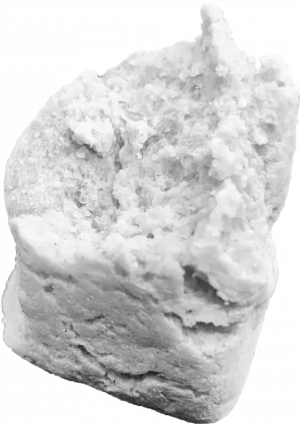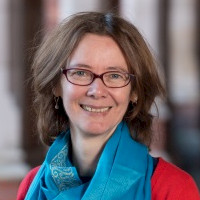Emotions
Maruška Svašek
(Queen’s University Belfast)

This panel focuses on the complex intertwining of migration, material culture, and emotions. Migration and the dynamics of “de/territorialization” result in multiple attachments and detachments (Svašek 2012). Human mobility, no matter whether forced or voluntary, usually leads to intense emotional and transformative experiences shaped by materiality. In this process, objects and images “move” in a double sense: they both stir emotions and also “entail the movement of people and things,” as Basu and Coleman assert (2008:317). Things may contain personal and collective memories, recall loss, activate senses of belonging, facilitate transnational connectivity, and offer reliability in turbulent times.
Certain objects and images can trigger affects and emotions such as trauma, despair, or homesickness, but also religious sentiments, hope, aspiration, and well-being. In host societies, public debates on the appropriate quality and amount of material and financial aid (clothes, food, housing) for refugees and asylum seekers can become highly emotional. Fierce disputes may arise regarding ‘illegitimate’ possessions of refugees, such as branded mobile phones and clothing. Hereby, material culture may also provoke affects such as resentment and social envy.
- Keynote
Maruška Svašek
(Queen’s University Belfast) - Discussant
Georgina Ramsay
(University of Delaware) - Convenor / Chair
Peter Bräunlein
(University of Göttingen) - Contributors
Magdalena Suerbaum
Radhika Moral
Victoria Sakti
Speaker
Maruška Svašek
(Queen’s University Belfast)
Reader in Anthropology at the School of History and Anthropology at Queens University, Belfast. She studied painting in Groningen and cultural anthropology at the University of Amsterdam. In her research she focusses on the topics of emotions, migration, material culture, transnational families and art.
Sources & references
Bennett, Jane. 2010. Vibrant Matter: A Political Ecology of Things. Duke University Press.
Slaby, Jan and Christian von Scheve (eds). 2019. Affective Societies: Key Concepts. New York: Routledge.
Slaby, Jan and Birgitt Röttger-Rössler (eds). 2018. Affect in Relation: Families, Places, Technologies. New York: Routledge.
Svašek, Maruška. 2018. ‘Ageing Kin, Proximity and Distance. Translocal Relatedness as Affective Practice and Movement’, in: Röttger-Rössler, Birgitt and Jan Slaby (eds) Affect in Relation. Families, Places, Technologies. Essays on Affectivity and Subject Formation in the 21th Century. London. Routledge.
Svašek, Maruška and Milena Komarova. 2018. ‘Spatiality, Movement and Place-making’ in Ethnographies of Movement, Sociality and Space. Place-making in the New Northern Ireland Oxford: Berghahn (ed. M. Komarova and M. Svašek).
Svašek, Maruška. 2016. Creativity in Transition. Politics and Aesthetics of Cultural Production Across the Globe. Oxford: Berghahn (ed. M. Svašek and B. Meyer).
Svašek, Maruška. 2012. a ‘Introduction: Creativity and Innovation in a World of Movement’ in Emotions and Human Mobility. Ethnographies of Movement. London: Routledge. (ed. M. Svašek).
Svašek, Maruška. 2012. Moving Subjects, Moving Objects. Transnationalism, Cultural Production and Emotions. Oxford: Berghahn (ed. M. Svašek).
